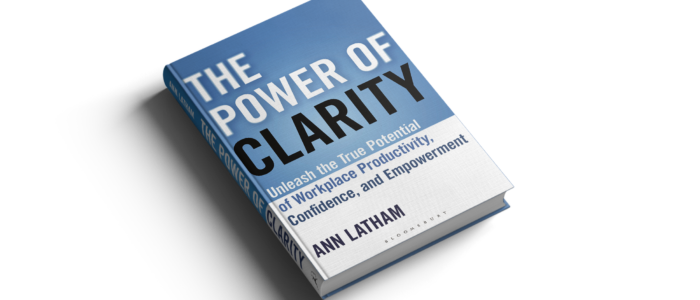My sympathies lie with managers and knowledge workers. They are hard working, devoted, and always expected to accomplish more with less. And while you could say the same for other employees, the managers and knowledge workers face special challenges—challenges unrecognized and unappreciated by their supervisors, and even by themselves. To make these challenges crystal clear, I’ll divide the workforce into two categories based on one simple criteria:
I am so honored and appreciative that these amazing, busy people took the time to read my newest book and provide an endorsement!
While the Covid numbers are rising once again in many places and we must continue to take precautions such as wearing masks, maintaining social distance, and avoiding small or crowded spaces with poor ventilation, things are looking up. The number of people who are fully vaccinated is rising quickly. Those who have recovered from Covid have some immunity and are feeling freer. Spring weather is making outdoor dining and events possible once again. As a result, business is picking up.
Everyone knows clear roles and responsibilities are important, right? That’s why we write job descriptions. That’s why managers work so hard to set expectations. That’s why smart employees make an effort to clarify those expectations. Clear roles and responsibilities matter! Unfortunately, we aren’t doing enough. These techniques simply aren’t adequate.
Do you ever wonder how patient you should be? I’ve got executive advisory clients who struggle with this question. Some of them are naturally impatient, know they need to work at being more patient, but worry that being too patient sends the wrong message. Do you ever feel that way? So what can you do? Here is the short answer:
I remember being given a task as a new intern years ago. The request was so vague and confusing that the first thing I did was to dig into the project and try to figure out what my manager was asking of me. A week later I went back to him with a list of concrete objectives. He agreed. I smiled and said I was finished. This is what you call lucky delegation. I had just completed the task that he expected would keep me busy for the whole summer. That’s not the norm. More common results include: Continue Reading
I don’t know if I can teach you how to create clarity in one short article, especially when your situations all differ radically and speed is of the essence, but I’m going to try because creating clarity has never been more important.
If you were striving to walk 10,000 steps, what happened to your motivation when it was reported that the 10,000 step goal was arbitrary, that women who walk 4,000 steps were 40% less likely to die, and that longevity benefits maxed our around 7,500? Did you reduce your goals?
The Decision Book exercise led to a fascinating discussion with another of my colleagues. I related my experience to-date and suggested he give the experiment a try. We both acknowledged that there was no reason to fill a Decision Book with commitments to clients because those are a given. Accountability isn’t an issue. We always meet those commitments. My friend went on to suggest the same is true of any decisions he makes that promise something to someone else. He always delivers. Period. I agreed. So if we don’t put commitments to others in a Decision Book, that only leaves commitments that we make to ourselves! I asked my colleague what kinds of commitments he makes to himself. I was met with a lot of silence. At first, he suggested that if the decisions listed in the book have to be true commitments to himself, he would likely leave the book empty because he isn’t very good at keeping commitments to himself. That’s when he had the big ah-ha.




